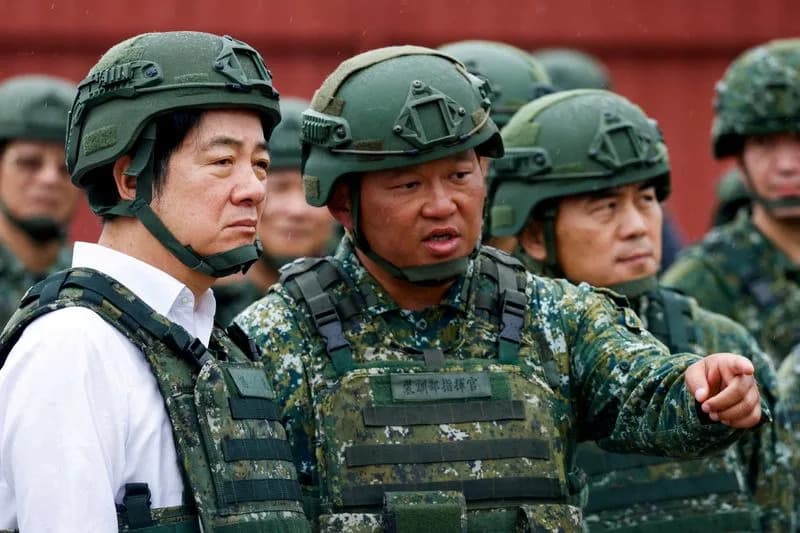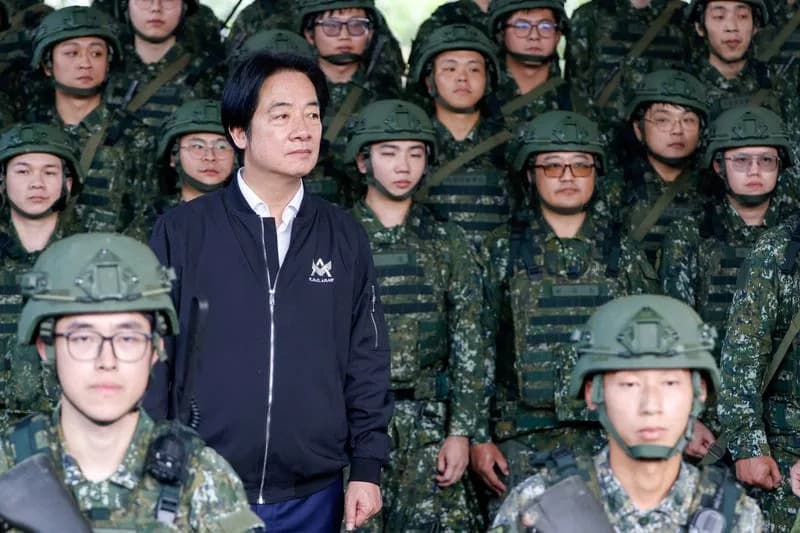Key points: Vice‑President Hsiao Bi‑khim’s November speech in the European Parliament drew praise in Taiwan and criticism from Beijing, and prompted viral social‑media posts falsely claiming Taiwan donated €8 billion to IPAC. IPAC, Taiwan’s presidential office and independent fact‑checkers have all rejected the allegation as false and defamatory. Two people are reportedly under investigation for spreading the rumour; there is no official record of any donation to IPAC.
Debunked: Viral €8bn Donation Claim Linked to Taiwan Vice‑President Hsiao’s EU Speech

Taiwan VP's European address sparks false multi‑billion‑euro donation rumours
Taiwanese Vice‑President Hsiao Bi‑khim's early‑November address to the European Parliament was hailed in Taipei as "historic," but it also provoked a sharp response from Beijing and the spread of baseless online claims that Taiwan had donated billions of euros to the organisation that invited her.
In the days after Hsiao's appearance in Brussels, widely shared social‑media posts alleged that Taiwan gave €8 billion (about US$9.2bn) to the Inter‑Parliamentary Alliance on China (IPAC) to secure her 20‑minute speech. The posts included an edited photo of Hsiao and cited a non‑existent "France's BBC" report as proof.
Claim: Taiwan donated €8 billion to IPAC to pay for the vice‑president’s speech.
IPAC, Taiwan's presidential office, independent fact‑checkers and other officials all rejected the allegation. IPAC’s executive director called the claim "false and defamatory," saying the network is run by lawmakers and operates on a modest budget. Taiwan’s presidential office described the posts as a "malicious rumour" and said the matter had been referred to police; two people are reportedly under investigation for spreading the false claim.
The IPAC invitation was relayed through Taiwan’s foreign mission, officials said, and the vice‑president attended at the group's invitation. Taiwan's Ministry of Foreign Affairs publishes records of international donations (including aid to Ukraine and disaster relief to countries such as Turkey), and there is no record of any donation to IPAC.
The viral posts also misattributed their source to "France's BBC." The BBC is a British broadcaster; while it runs a French‑language service aimed at African audiences, AFP and other checks found no BBC report supporting the claim.
Context: During her speech Hsiao urged Europe to strengthen security and trade ties with Taiwan and to support the island’s democracy in the face of pressure from Beijing, which claims Taiwan as part of its territory and has criticised Taiwanese officials' overseas engagements.
Takeaway: There is no evidence Taiwan donated billions to IPAC. Multiple official sources and independent fact‑checkers have debunked the story. Readers should verify sources before sharing viral claims that lack credible attribution.
Help us improve.


































